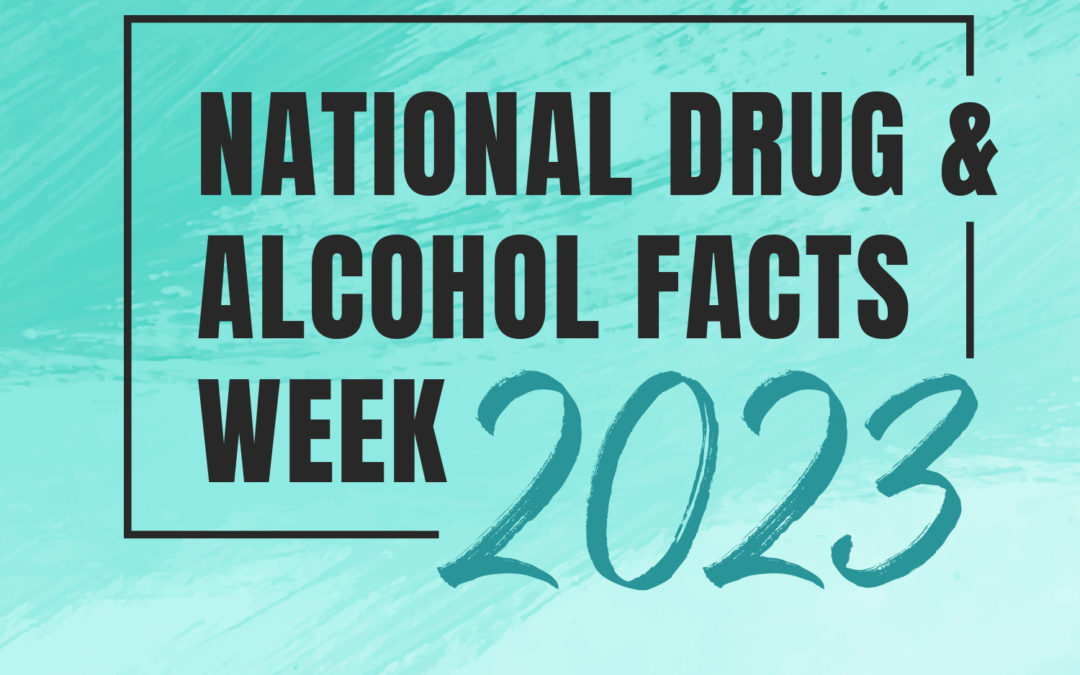The fentanyl epidemic continues to be a major public health concern in Arizona. Fentanyl is a synthetic opioid that is much more potent than other opioids like morphine and heroin, and it is increasingly being mixed with other drugs, including cocaine, methamphetamine, and benzodiazepines, leading to a rise in overdose deaths.
In response to the epidemic, the state of Arizona has taken a number of steps to address the issue, including increasing access to substance abuse treatment, strengthening the state’s prescription drug monitoring program, and expanding the availability of the overdose reversal drug naloxone.
Additionally, law enforcement agencies in Arizona are working to disrupt the distribution of fentanyl and other illegal drugs by conducting investigations and making arrests. The state is also partnering with federal agencies, such as the Drug Enforcement Administration (DEA), to identify and target the sources of the drug.
However, the fentanyl epidemic continues to evolve, and new challenges continue to arise, making it difficult for the state and its partners to effectively address the issue. The opioid epidemic is a complex and multi-faceted problem that requires a comprehensive and coordinated response from a variety of sectors, including public health, law enforcement, and community organizations.
The ongoing fentanyl epidemic in Arizona serves as a reminder of the importance of addressing substance abuse and addiction and the need for continued efforts to prevent and treat opioid use disorder.
The fentanyl epidemic is a public health crisis that is affecting communities across the United States, including Arizona. Fentanyl is a synthetic opioid that is significantly more potent than other opioids, such as heroin and morphine. It is often used to cut other drugs, such as cocaine and methamphetamine, or sold on its own as a cheap and potent alternative to prescription opioids.
The dangers of fentanyl are significant and can have serious consequences, including overdose and death. Because of its potency, even a small amount of fentanyl can cause a fatal overdose. Additionally, fentanyl is rapidly absorbed into the body, which means that its effects are felt quickly and can be overwhelming, leading to respiratory depression and death.
In addition to the dangers of overdose, exposure to fentanyl can also be dangerous for first responders, such as law enforcement and medical personnel, who may come into contact with the drug while performing their duties.
To address the fentanyl epidemic, it is important to raise awareness of the dangers of the drug and to provide access to effective treatments for opioid use disorder. This can include increasing access to naloxone, a medication that can reverse an opioid overdose, and expanding access to substance abuse treatment and support services.
Additionally, law enforcement agencies can play a role in disrupting the supply of fentanyl by conducting investigations and making arrests, and policymakers can work to address the root causes of the opioid epidemic, including addressing the over prescription of pain medications and improving access to mental health services.
Ultimately, the fentanyl epidemic highlights the need for a comprehensive and coordinated response from a variety of sectors, including public health, law enforcement, and community organizations, to prevent and treat opioid use disorder and to reduce the harm associated with this public health crisis.

